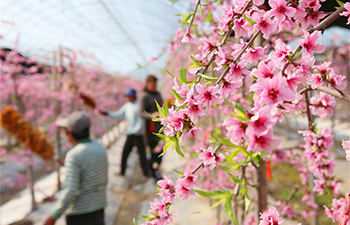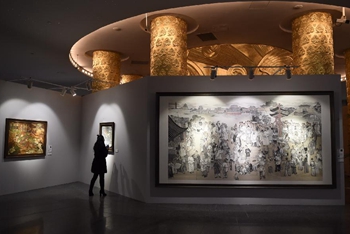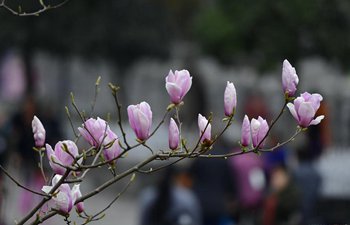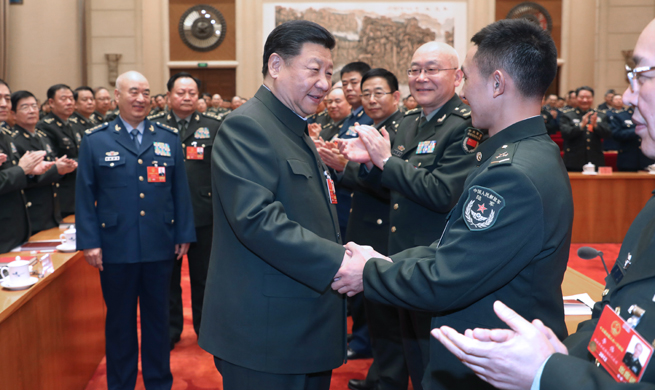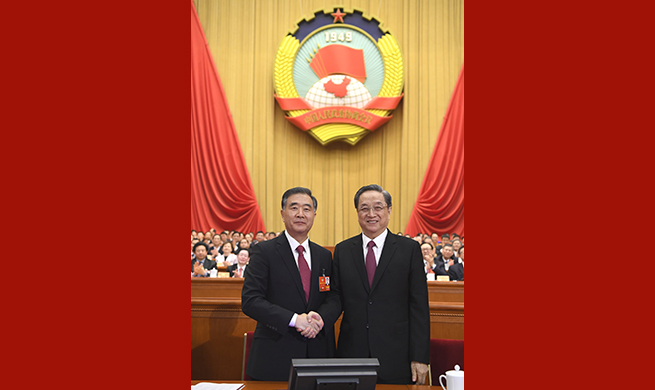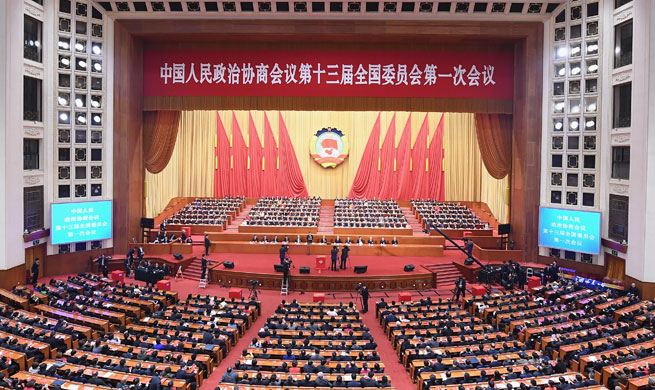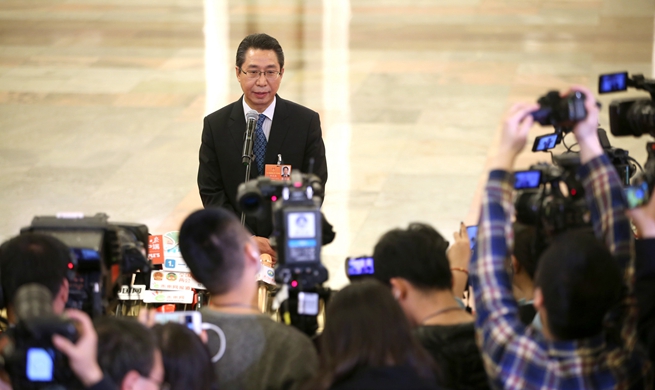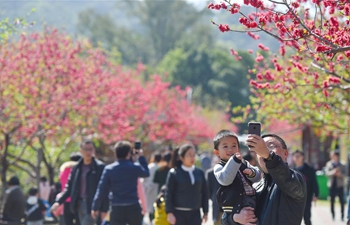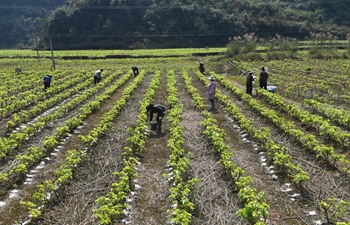WASHINGTON, March 14 (Xinhua) -- Chinese and American scientists identified a new immune target that may speed up the healing of skin wounds.
The study, published on Wednesday in the journal Science Translational Medicine, has found that a molecular signaling pathway helps to regulate the small, membrane-surrounded structures released by cells called extracellular vesicles from connective tissue stem cells.
The vesicles, containing the interleukin-1 receptor antagonist or IL-1RA, a kind of cytokine, can promote rapid wound healing.
It has shown that vesicles produced by gum connective tissue stem cells released larger amounts of IL-1RA in wounded gum tissue than vesicles produced by skin tissue stem cells in wounded skin, which might help explain why gum wounds in mammals heal more rapidly than skin wounds.
Led by Kou Xiaoxing, a stomatologist with Peking University School and Hospital of Stomatology in Beijing and visiting researcher at University of Pennsylvania School of Dental Medicine, the team injected Anakinra, the FDA-approved medicine of IL-1RA which is used to treat rheumatoid arthritis, into mouse gum and skin wounds.
They found that the drug significantly accelerated wound healing compared to control mice.
Kou told Xinhua that "IL-1RA can inhibit inflammation caused by interleukin-1, which can improve the healing. Inflammation leads to progression of many diseases including rheumatoid arthritis, but they have different pathogenesis."
Small extracellular vesicles containing IL-1RA are also successful in speeding up the delayed wound healing process that occurs in diabetic mice, they have found.





